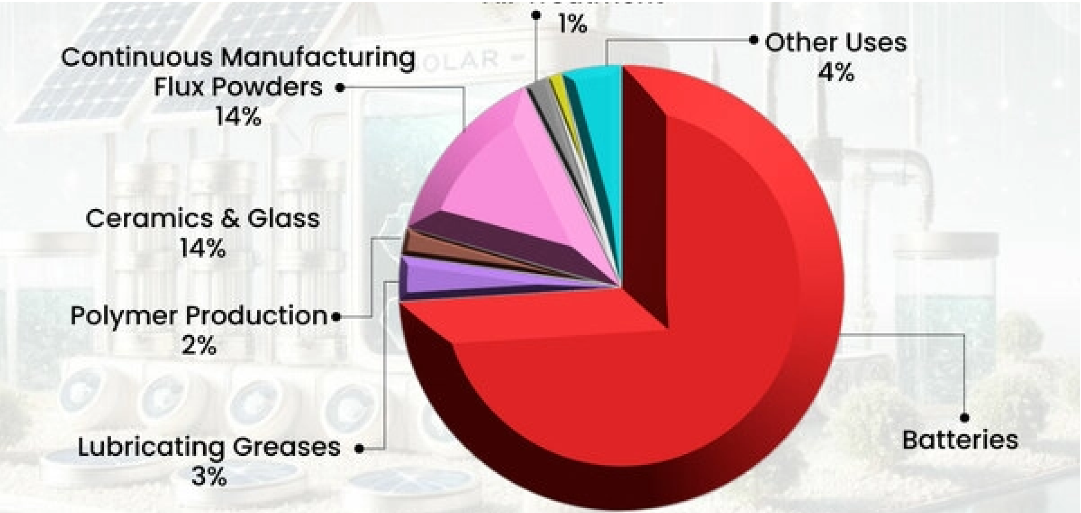Australia’s First Advanced Emergency Braking (AEB) Testing Capability Enhances Aftermarket Development
Australia’s automotive manufacturing sector is the legatee of new Advanced Emergency Braking (AEB) testing capabilities to encourage and modernize aftermarket product development. The Auto Innovation Centre (AIC) now offers advanced emergency braking (AEB) testing capabilities as part of its cutting-edge vehicle testing services for aftermarket product producers. Companies creating frontal protection systems like bull bars or GVM upgrade packages will be able to test their new products on vehicles with AEB to guarantee their safety and compliance with vehicle requirements, thanks to the new service.
AAAA Director of Government Relations & Advocacy, Lesley Yates, said “We’re proud of our work cooperating with vehicle standard regulators to answer key questions before they are asked, so the aftermarket doesn’t face roadblocks. Aftermarket product developers must confirm those vehicle modifications are integrated with Advanced Driver Assistance Systems (ADAS). AEB Testing capability will further boost their ability to get products to market quickly.”
The advanced emergency braking system uses a laser, radar, and a video camera to identify a collision with the car in front. The software cautions the driver and prepares the braking system. If the car driver does not respond, the technology intrudes on brakes and operates them. AEB is one of the first Advanced Driver Assist Systems (ADAS) systems enacted in Australia through the Australian Design Rules ADR98. For testing the AEB on a vehicle at various speeds and test settings, ADR98 outlines the testing methods and acceptance criteria.

